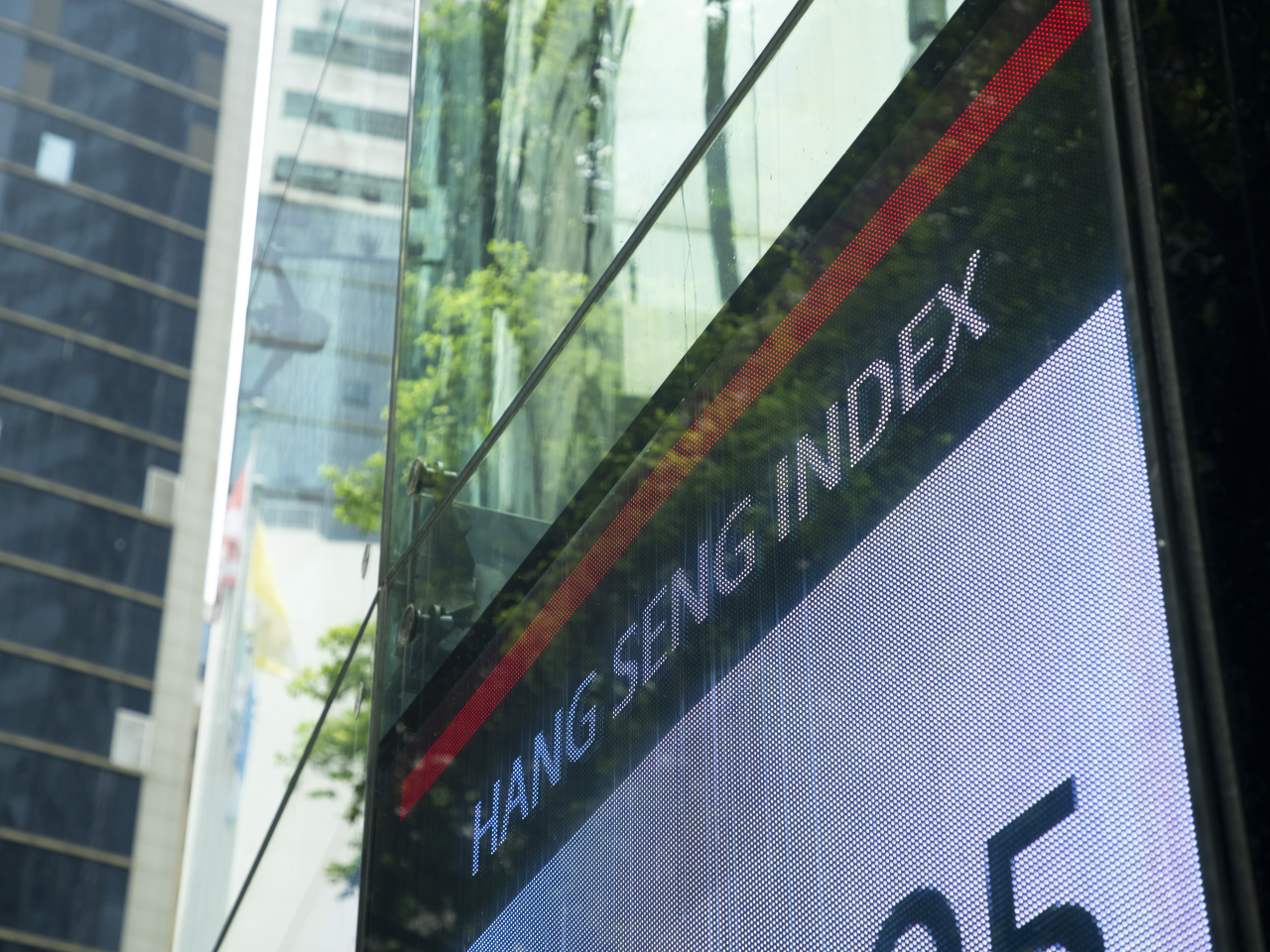Asian stocks were mixed and the US dollar was steady on Monday as traders pondered Washington's monetary policy path after the Federal Reserve's rate cut last week, while US President Donald Trump's immigration crackdown on worker visas kept sentiment in check.
The focus will be on Indian and tech stocks after the Trump administration said on Friday it would ask companies to pay US$100,000 per year for new H-1B worker visas, a blow to the tech sector that relies on skilled workers from India and China.
In Hong Kong, the benchmark Hang Seng Index fell 85 points, or 0.32 percent, to open at 26,459.
Across the border, the benchmark Shanghai Composite Index edged up 0.05 percent to open at 3,822 while the Shenzhen Component Index opened 0.37 percent higher at 13,119.
The ChiNext Index, tracking China's Nasdaq-style board of growth enterprises, was up 0.1 percent to open at 3,093.
Japan's Nikkei share average jumped more than 1 percent mid-morning as concerns over the impact of the Bank of Japan's decision to sell its holdings of riskier assets receded.
The Nikkei was up 1.4 percent at 45,675 while the broader Topix rose 0.9 percent to 3,175.
Trump's H-1B worker visa move is likely to inflict pain on India's US$283 billion information technology sector, which gets more than half of its revenue from the United States amid souring ties between the two countries.
Trump last month doubled tariffs on imports from India to as much as 50 percent, partly due to New Delhi's purchases of Russian oil.
"It's a risk to operating costs and margins first of all. Obviously it could raise wages and labour costs a bit," said Kyle Rodda, senior financial analyst at Capital.com.
"Tech companies may also find themselves in a bind where they confront punitive measures if they look to offshore labour because they can't find enough workers in the US." (Reuters/Xinhua)





